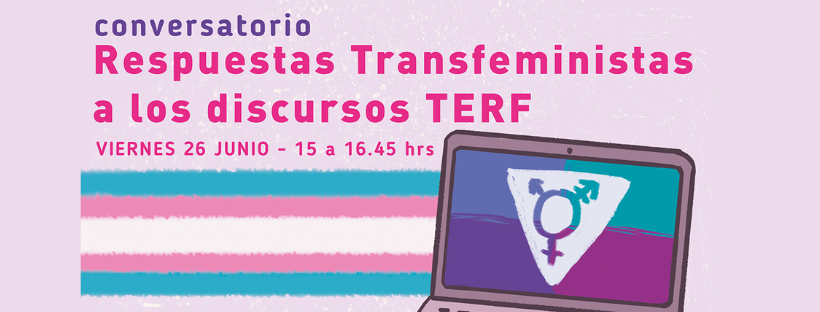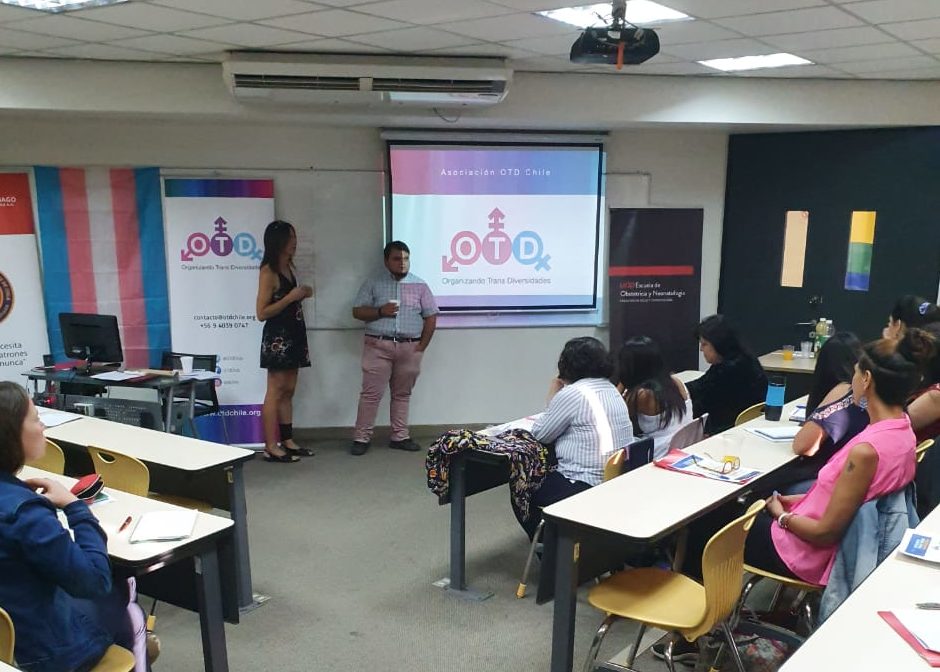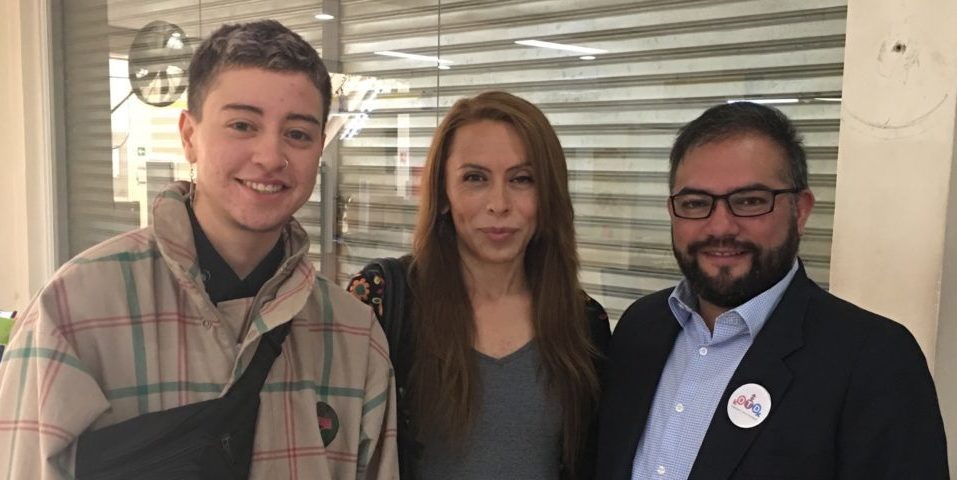In the debate surrounding the Gender Identity Law, many studies have been cited both for and against the recognition of trans identities. Although the existence of trans people is undeniable, for many it is important to have figures and investigations that justify giving rights that have been denied to a historically oppressed community in Chile. But what is behind these studies? Are they unbiased? According Rice University anthropologist Baird Campbell, all research is political.
For example, the study “A Follow-Up Study of Girls with Gender Identity Disorder” (1) published in 2008 used a sample that contained a disproportionate percentage of children who presented some “gender deviation”, which means they showed behaviors that did not correspond to what is culturally allowed for girls or boys, something that the author himself acknowledged. It should be noted that gender is a social construct that is increasingly accepted as a fundamental part of each being, and that is not static or biologically assigned.
In the study “Desisting and persisting gender dysphoria after childhood: A qualitative follow-up study” (2) (2011) the researchers assumed that any child who did not complete the study had decided against transitioning. These cases represented 45.3% of the total sample. What’s more, the study does not detail the “treatments” to which the children were subjected, and since the average age of socialization of their identity is at 42, it is not possible to say whether these individuals eventually transitioned.
On the other hand, in “Mental Health and Self-Worth in Socially Transitioned Transgender Youth” (3) (2017), researchers demonstrated that family support and transition at an early age improve the depression and anxiety levels of trans children in a statistically significant way, which undoubtedly validates trans children and the positive consequences of supporting their transitions.

Baird Campbell
For the PhD candidate at Rice University and affiliated researcher at the Catholic University of Chile, it is important to examine these studies. “People have an unquestioned relationship with these studies, especially when they see percentages, and that the study comes from the Global North.”
Campbell, who has been an activist and collaborator in Chile’s trans movement for more than five years, says numbers can be manipulated. “Science is not objective, especially in these studies. We have to be especially careful of research that does not have a clear methodology and whose results seem very extreme.“ For example, when you very high percentages are used to prove something. “You have to question whenever a reality is presented as very polarized,” he says.
In addition to the above, the methodology used for data analysis must always be examined, since each academic has their own biases. Campbell has analyzed these publications in depth and indicates that most do not outline the way in which their results were achieved.
Finally, Campbell underlines the importance of qualitative studies, but without detracting from the contribution that quantitative studies can make. “In the Social Sciences we are increasingly doing mixed-methods studies, where quantitative figures can give us general ideas, but valuable reflection comes from qualitative methods such as interviews and focus groups”.
(1) Drummond, Kelley D, Susan J Bradley, Michele Peterson-Badali, and Kenneth J Zucker. 2008. “A Follow-Up Study of Girls With Gender Identity Disorder”. Developmental Psychology. 44 (1): 34
(2) Steensma, Thomas D., Roeline Biemond, Fijgje de Boer, and Peggy T. Cohen-Kettenis. 2011. “Desisting and persisting gender dysphoria after childhood: A qualitative follow-up study”. Clinical Child Psychology and Psychiatry. 16 (4): 499-516.
(3) Durwood, Lily, Katie A. McLaughlin, and Kristina R. Olson. 2017. “Mental Health and Self-Worth in Socially Transitioned Transgender Youth”. Journal of the American Academy of Child & Adolescent Psychiatry. 56 (2): 116-123.e2.








